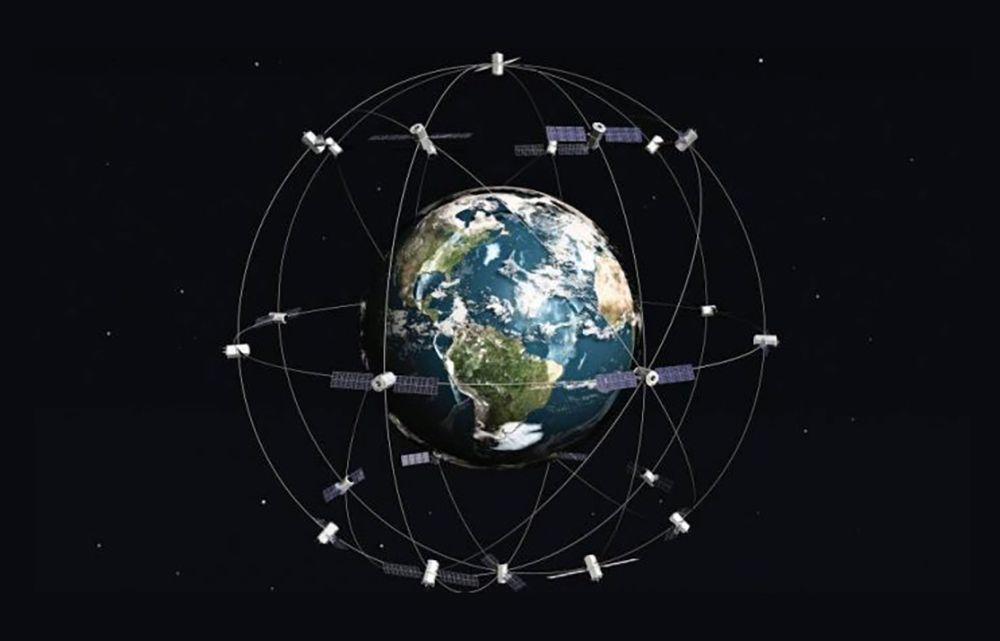Knowledge is power.
We've all heard that idea before but take it for granted. Internet, for instance, provides unfettered access to information, and yet, for many reasons, internet is still slow, costly, and for some people in the world, unavailable. That's where internet-beaming satellites can make a difference, and the latest tech company to be developing them, SpaceX, has plans to launch a system of them by 2019.
Last year, SpaceX revealed it wanted to deploy an internet satellite system to provide high-speed internet around the globe. It asked the Federal Communications Commission for permission to launch 4,425 satellites. The Elon Musk-founded company said its custom satellites would be deployed into low-Earth orbit, and now, in a Senate hearing, it's promising to begin launch operations in just two years.
- Google Loon vs Facebook drones vs SpaceX satellites
- Google Project Loon aims to launch a set of internet balloons next year
- Google buys drone maker Titan Aerospace before Facebook does
During the Senate hearing in Washington DC on Wednesday, which was on US Broadband infrastructure, SpaceX's vice president of government affairs, Patricia Cooper, detailed the company's plans. It wants to start testing satellites by the end of the year and into 2018, and then it will launch them in phases between 2019 and 2024, with the hope that the entire system will provide "fiber-like", high-volume broadband.
SpaceX will launch each satellite with its Falcon 9 rocket. The entire system will also be adaptable and cost-effective, the company claimed. Copper also mentioned SpaceX would like to see more national funding for broadband projects, as only 1.5 per cent of all funds appropriated for broadband infrastructure are for satellite systems. There were other recommendations brought up by Cooper during the hearing, too.
It seems like there are outdated regulations that are creating a few kinks, but it looks like SpaceX has a plan, albeit a vague plan. It's certainly fun picturing the Earth blanketed with beamed-down, broadband internet. Imagine what our world would look like 50 years after that - when every man, woman, and child has had the opportunity to get online, stay connected, and educate themselves.

